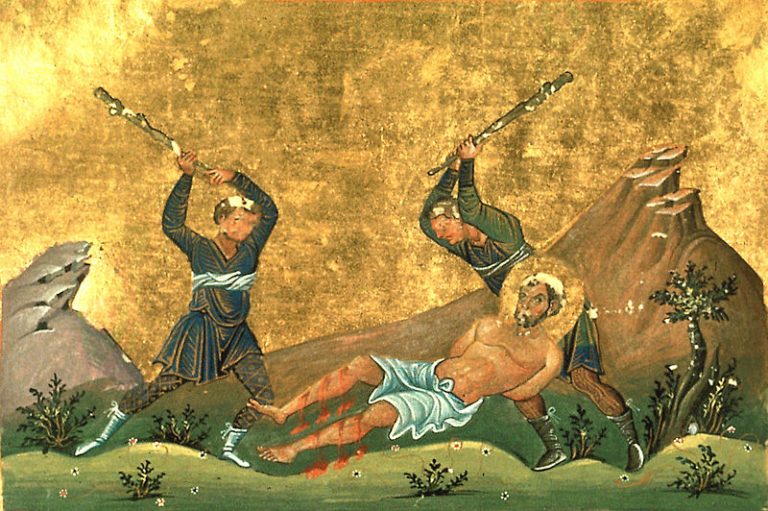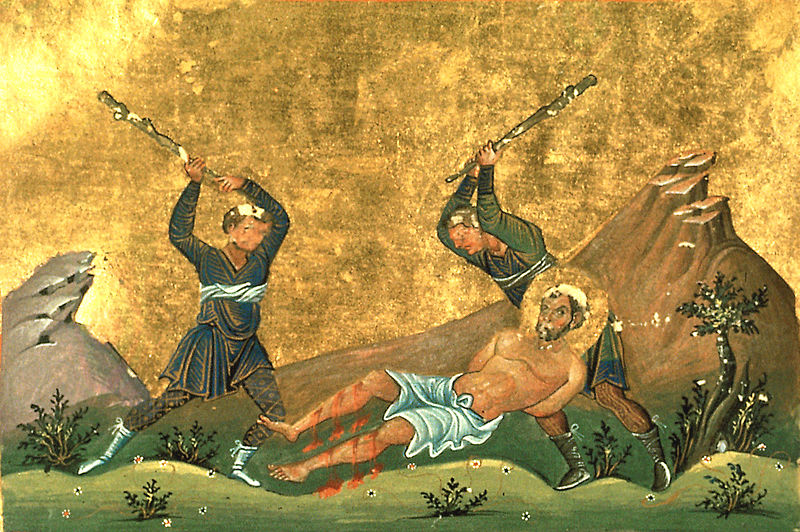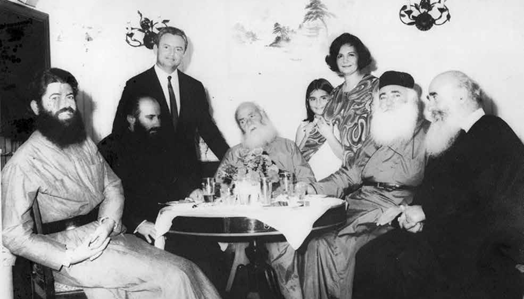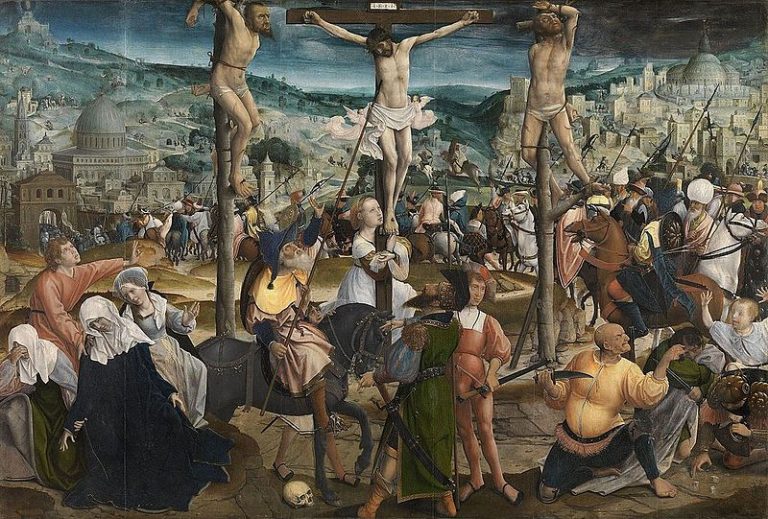Saint Onesimos and the ministry of the prisoners
Onesimos came from the city of Colosse. He was a servant of the apostle Philemon, as the apostle Paul reveals in his epistle of the same name (Phil. 16). Not appreciating the goods and benefits he enjoyed from his conscientious and struggling Christian lord, he stole money from Philemon’s house and headed for Rome. He was now free, but at the same time in bondage to his passions and ingratitude. He could enjoy what he had been deprived of for years, perhaps even from his mother’s womb, movements and goods. But the fruit of the injustice he had done, the aftermath of his sin, remorse, weighed heavily on his conscience. He sought redemption, or rather he knew redemption, but he feared the return, he cowed to whisper the apology, he fainted at the thought of its consequences. He listened, learned – surely the grace of God acted – and there, in the city of his ‘enslaved’ freedom, Rome, he met the apostle to the Gentiles, Paul. He met him in a place where he, not Paul, ought to be, in prison. There he was born again, Paul spiritually resurrected him, as he beautifully points out:“…being born again in my bonds” (Phil. 10). Paul supported Onesimus in his efforts to right the wrong he had done, and in the best possible way. He composed for Onesimus a “recommendatory” paternal letter to Philemon, which was impossible for the Christian ruler to reject. A letter which prompts St. Chrysostom to emphasize: ”
So notice also when he writes to Philemon, how much he cares for Onesimos and with how much prudence, with how interestingly paternal he writes. But he who did not refrain from writing in favour of a slave, who had even escaped and had seized many of his master’s things, think who he was to others. For there was only one thing he considered to be a shame, that is, to overlook that which ought to be done for one’s salvation. Therefore he moved everything, and nothing he hesitated to waste for the sake of those who were saved, neither words, nor money, nor his own body. For he who too often gave himself up to death, much more would not spare money, if of course he had it. And why do I say, if of course he had them? Because it is really possible to prove, while he had it not, that he did not spare it ” (John Chrysostom, Homily to the Holy Apostle Paul 3.8.9-22).
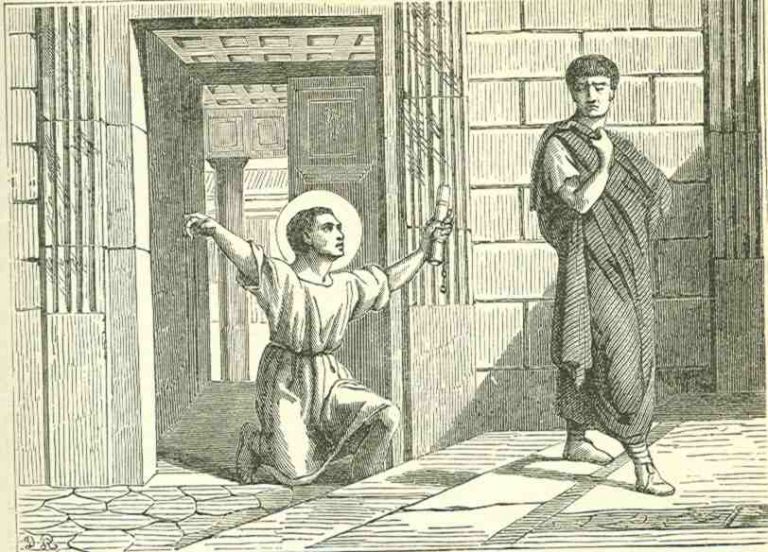 So the “brother” ruler accepts the apology of the slave’s “brother” and after a while sends Onesimus to Paul, thus fulfilling the wish of his spiritual father, which he had expressed in the following terms:“Whom I have purposed to possess, I pray thee, in the bonds of the gospel, to minister unto me” (Phil. 13). After his return to Rome, according to St. Nicodemus, Onesimus interrupted his teacher in his missionary work for the whole time until his martyrdom. Then he was arrested by the prefect of the city of Tertile and, after remaining steadfast in his faith in Christ, he was scourged, his legs were crushed and the blessed Onesimus left earthly life and gained eternal life. The memory of St. Onesimus is commemorated on February 15 of each year.
So the “brother” ruler accepts the apology of the slave’s “brother” and after a while sends Onesimus to Paul, thus fulfilling the wish of his spiritual father, which he had expressed in the following terms:“Whom I have purposed to possess, I pray thee, in the bonds of the gospel, to minister unto me” (Phil. 13). After his return to Rome, according to St. Nicodemus, Onesimus interrupted his teacher in his missionary work for the whole time until his martyrdom. Then he was arrested by the prefect of the city of Tertile and, after remaining steadfast in his faith in Christ, he was scourged, his legs were crushed and the blessed Onesimus left earthly life and gained eternal life. The memory of St. Onesimus is commemorated on February 15 of each year.
Sound a’. Citizen of the desert.Thou hast enlightened the intellect to Paul’s rays, Thou hast become a servant of the Word and an Apostle of the Word, And hast given life to thee, Thou healer of Christ, By words and wonders divinely true, To the faithful thou art praised, Glory to him that hath glorified thee in glory, Glory to him that hath crowned thee, Glory to him that worketh for thee in all things.
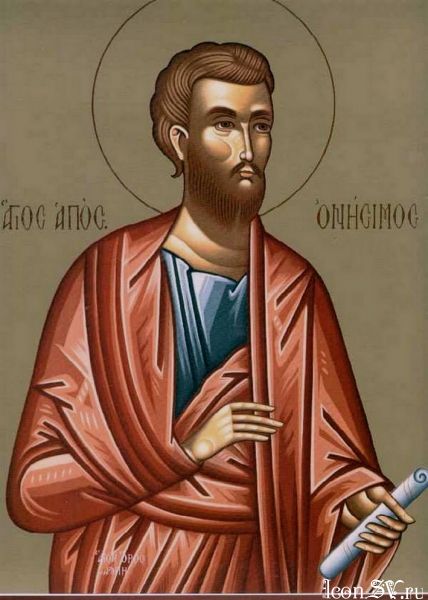 The ministry of prisoners as a means of mission
The ministry of prisoners as a means of mission
It is impossible, if you wish to write a spiritual text on the subject of prison and the imprisoned man, not to mention Christ’s phrase in the Judgment passage“I was in prison and come to me” (Matt. 25:36). A clear God-given exhortation for all those who want to work spiritually and missionary, to turn their gaze, their prayer and their God-given works to the ministry of the prisoners. Besides, we must not forget that our Lord Jesus Christ himself was a prisoner shortly before he was crucified. Furthermore, John the Baptist was imprisoned before his beheading, Saints Peter and Paul experienced the difficulty of this ordeal, as did a multitude of other saints and martyrs. So on the occasion of St. Onesimus, who is venerated as the patron saint of prisoners, lived “in bondage” but was also reborn in prison by a prisoner – Paul – we will offer a few thoughts on the ministry of prisoners as a means of mission. A prerequisite for effective outreach to a person who is imprisoned is not to be treated as a convict but as a brother. This is why Athanasius the Great, in his interpretation of the letter to Philemon, echoes Paul’s words: “Philemon writes, quoting to him Onesimus, that he may attend to him genuinely, and not have him as a servant, but as a brother” (Synopsis epistemos of the Divine Scriptures 28.428.39-48), and Chrysostom emphasizes: “And the blessed Paul did not only circumcise the one who was a prisoner, the useless, the runaway, the thief, whom he did not only circumcise because he repented, but also the despot merited in like doctrine the one who repented, loving honor”(To Theodore the Apostate 20.1-4). Therefore, there is no difference, as far as spiritual matters are concerned, between those who are deprived of their freedom and those who are free. The point is that man should not remain in bondage to his passions, as Holy Chrysostom very aptly points out.
Did you see kindness, did you see behavior that gives freedom? Because slave and free are just names. What does slave mean? Only a name. How many masters are lying on the mattress and getting drunk, while the slaves are standing close by and watching? ! Who shall I call a slave? The one who is sober or the one who is drunk? The slave of man or the captive of passion? He has bondage outside, he walks around with captivity inside ” (Lazarus 48.1039.3-10).
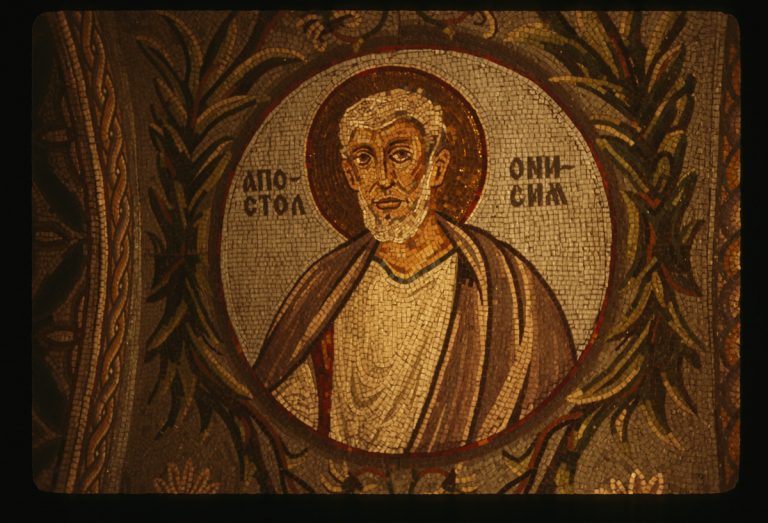
On the other hand, for God, the man who committed the wrongful sin and was imprisoned only needs to repent, even though the state may restrict his freedom according to the laws of the state. For God, if repentance comes, it is undoubtedly accompanied by forgiveness, as St. John Damascene aptly states :“Acute repentance, sharper is forgiveness” (Sacred Parallel 96.145.44). Another way of missionary work towards prisoners, especially in economically underdeveloped countries where the living conditions of prisoners are inhuman, is charitable activity. With the same courageous spirit of Paul, who does not hesitate to write to Philemon, “Whatever you owe, we owe it to you; I, Paul, have written my own hand, I will pay it back” (Philem. 18-19), the Christian must attend to the material needs of the prisoners, since this gesture lightens a burden of the soul, touches it, softens it, and creates easier access to God to work out its salvation. Finally, prisoners – of whatever country – have the need to fulfil their religious duties. It is imperative that priests-spiritual fathers be present in correctional institutions to minister to and comfort the souls of those in need. The celebration of the Divine Liturgy and the possibility of preaching can create the conditions for a rebirth like that of Onesimus by Paul, a rebirth with an aura of eternity, a rebirth that we heartily wish for all, prisoners and free!
